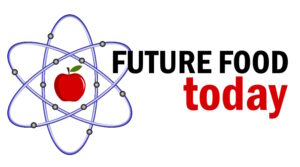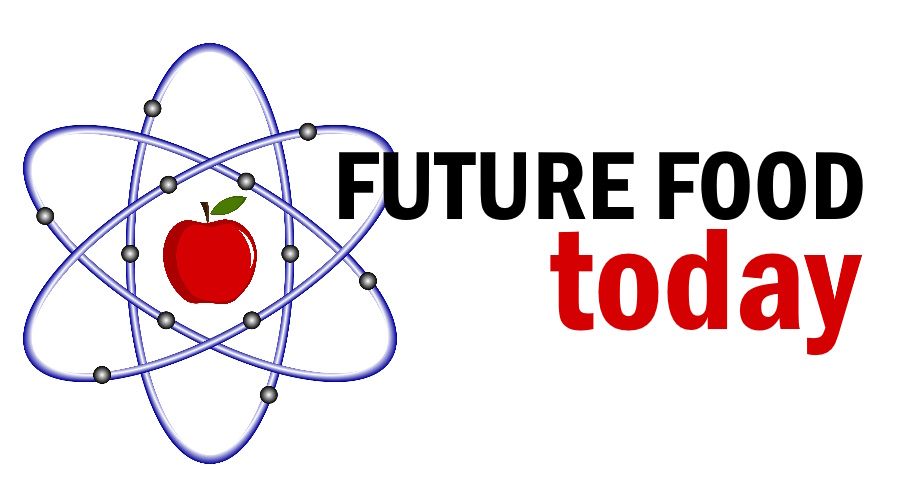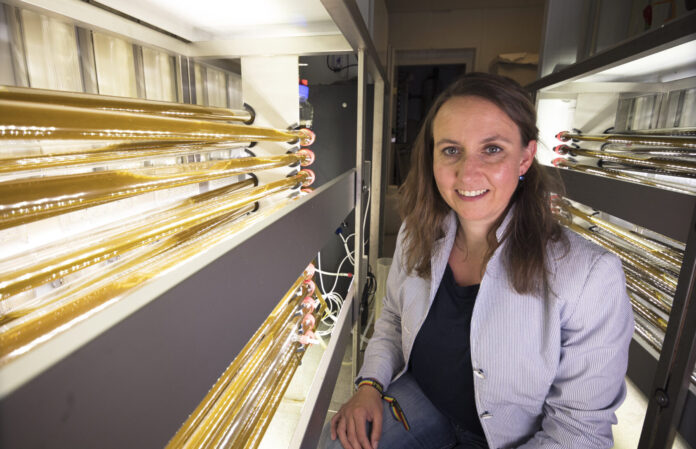The INNOAQUA project is one of the newly funded Horizon Europe projects within the Farm-to-Fork strategy, addressing innovative food production from marine and freshwater ecosystems.
INNOAQUA officially kicked off on June 6, with the first consortium meeting, held online. A total of 17 partners from eight countries are involved in the project, led by NORCE Norwegian Research Centre (NORCE).
The Farm-to-Fork Strategy of the European Green Deal acknowledges the potential of algae to become an important source of alternative low-carbon footprint protein and contribute to improving the sustainability and competitiveness of the aquaculture sector. Nonetheless, the European algae industry is still in an early phase lagging behind the overall increase seen at a global level, mostly driven by Asia.
The EU project INNOAQUA aims to pave the way towards the upcoming sustainable and diversified EU in-land aquaculture industry by demonstrating and mainstreaming innovative algae-based foods and solutions, based on ecology, circularity and digitalization concepts.
“By firstly, demonstrating the operational, technical, and socio-economic robustness of integrated and digitally enhanced fish and algae cultivation systems at the pre-commercial level, and secondly, piloting optimised processing techniques within a biorefinery approach and the formulation of high-added value seafood products, we aim to address the main barriers hindering the growth of the sector,” said Dorinde Kleinegris, the project leader of INNOAQUA, and a senior researcher at NORCE.
Consumer perceptions
This will be accompanied by a dedicated waste minimisation and valorisation strategy to help optimise and increase its economic and sustainability performance.
INNOAQUA will also work on understanding how consumer perceptions and social norms influence the consumption of innovative seafood products by co-creating the products together with end-users and simulating their uptake in digital models of communities to identify effective market deployment and penetration strategies.
Lastly, a multi-level outreaching strategy aims at fostering knowledge transfer and ultimately helping maximize the project’s scope and impact, and will comprise amongst other materials for skills development and activities to foster international cooperation. The full name for INNOAQUA is “Innovative Approaches for an Integrated Use of Algae in Sustainable Aquaculture Practices and High-Value Food applications.”
Total project eligible costs are €7.3 million, and almost 6 million of this is funded by the European Union.
Cut: Dorinde Kleinegris, project leader of INNOAQUA, and a senior researcher at NORCE. Photo: Andreas R. Graven
Jim Cornall is editor of Future Food Today and publisher at Ayr Coastal Media. He is an award-winning writer, editor, photographer, broadcaster, designer and author. Contact Jim here.






